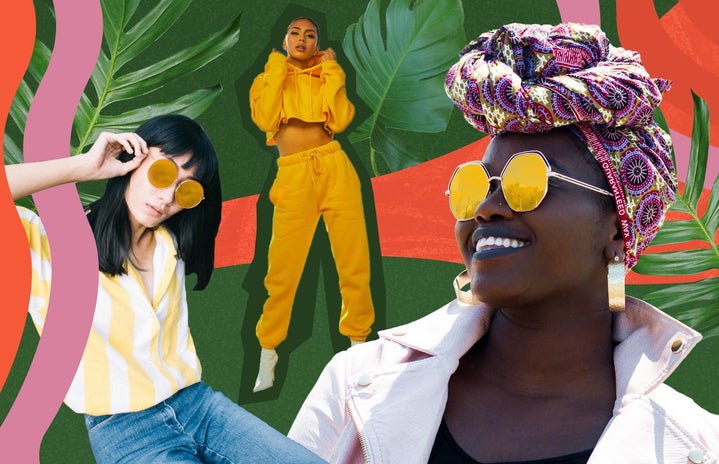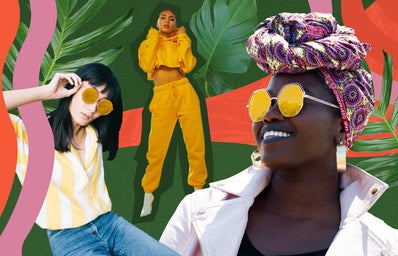We need to have a talk. Now, I know what you’re thinking… Why is this girl giving me a lesson on how to be an ally? Well, let me explain.
The past six months have been a whirlwind of highs and lows. No one could have possibly predicted a global pandemic or the repeated, brutal killings of unarmed Black men and women, or the months of protests that followed. The tension and chaos that resulted were expected – excusable, even. The general lack of empathy that has since been displayed by an overwhelming amount of Americans, however, was not.
While I can’t possibly teach anyone how to practice empathy, I can give a few tips based on what I’ve learned and observed to be most effective these past couple of months.
Here’s five steps on how to become an effective ally!
- Google It!
-
If you’re someone who does not identify as BIPOC or LGBTQ+ but has taken notice of the injustice that members of those communities face, please note that the first step to becoming an effective ally is educating yourself. I repeat, educating yourself. It is impossible to properly help anyone if you don’t have a grasp of the problems that they face daily and where they stem from.
P.S. Remember that it’s never the job of a minority to educate you, and claiming that you don’t know or were never taught is no longer a fair excuse – especially when Google exists.
- Check Your Privilege.
-
Despite popular belief, privilege is not a bad word by any means. Having it does not make you a bad person; however, how you use your privilege is a direct reflection of your character. Acknowledge it and use it to help those without.
- Slackti-Who?!
-
Slacktivism is the practice of doing the bare minimum through social media and crowning it as activism. It can take many forms, and it can be as little as a retweet on Twitter or as elaborate as the Ice Bucket Challenge for ALS. The problem, however, is that it gives the appearance of genuine contribution, but in reality, does nothing.
Be particularly mindful of this and be intentional about what your allyship looks like. Being an ally is not always donating. It can be as simple as acknowledging someone’s struggle and offering them a shoulder to lean on, or it can take the form of protesting in the streets.
Regardless, always be wary of becoming complacent in your activism or allyship. Remember, slacktivism is the digital version of being the bystander. Don’t be the person who stays silent in the face of injustice. That does more harm than good.
- This Isn’t Laundry. Don’t Wash Us Out!
-
Just because it is not your experience does not mean that it is not a real experience. As an ally, there are certain things that you will never have to encounter, and as a result, will never truly understand. For example, a white person will never experience racism, but that does not mean that racism does not exist. Understand that your position as an ally is not to invalidate or belittle. Instead, you are an outlet and an echo. Use your voice- your privilege- to advocate on behalf of marginalized communities, but recognize that as someone who does not identify as a member of the aforementioned community, your role as an ally is to operate only as instructed by those who do.
Before you speak or do on behalf of someone else, check and make sure she’s comfortable first.
Note to self: What good will you do as an ally, if you’re hurting the person or the people that you aim to help or protect?
- Learn To Take Criticism.
-
Being an ally is not easy, and while your heart might be in the right place, sometimes things get lost in translation. Try not to get offended if someone informs you that your method of helping was harmful. Instead, apologize, take a step back, and reassess. Why was it harmful, and how can you do things differently next time? After you reflect, don’t be afraid to ask for advice. As a new or seasoned ally, there is always room for growth.



